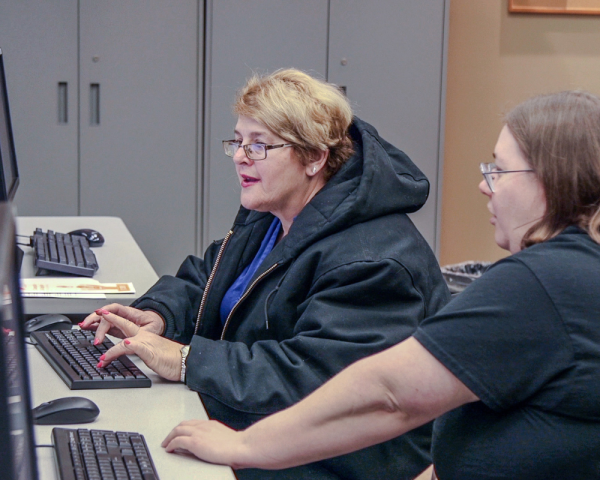

Website Search

The Library's digitized collection includes some non-Fayette County directories for businesses, farms and residences.
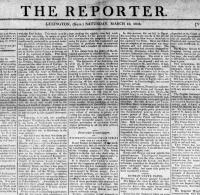
The Reporter was published from March 1808-September 1817, by William W. Worsley. It was a Republican paper (Jeffersonian Democratic Republican - liberal at the time).

The United States Army Armor School began in 1940 as the Armored Force School and Replacement Center at Fort Knox, Kentucky.
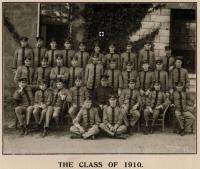
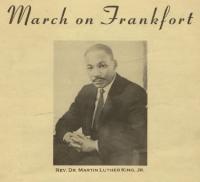
Subscribe to receive library news in your email inbox.

The Kentucky Pioneer Genealogy and Records Magazine published various articles about early Kentucky history as a quarterly publication from 1979-1985, then annually 1986-1988.
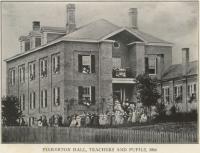
While the focus of content in the digital archive is Fayette County, many other counties are represented. This list is in alphabetical order by county name for non-Fayette County content.
Anderson County
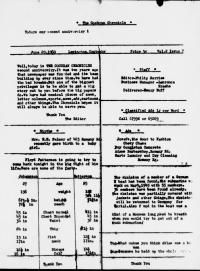
The Cochran Chronicle appears to be a neighborhood leaflet created by two school children, Philip Borries and Laurence Kraehe, living on Cochran Road in the Chevy Chase area of Lexington, KY in 1960.

The Kentucky Mountain Club was founded in 1929 as a social organization for residents of Lexington, Kentucky, who had been born or resided in the counties of eastern Kentucky.
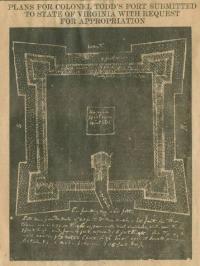
In 1917, the Woman’s Club of Central Kentucky hosted a series of speakers giving historical sketches on people and places of local interest.
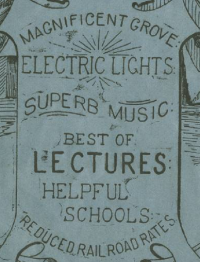
The Kentucky Chautauqua Assembly presented an annual event in Lexington’s Woodland Park with days of programming. Presentations varied from live music and entertainment to lectures and speeches from national figures.
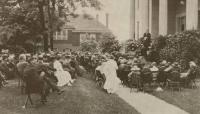
The Hamilton Female College catalogs list the school’s Board of Trustees, faculty, alumnae, graduates that year, directory of students, courses of study, and the members of each department.
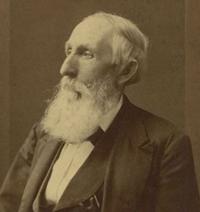
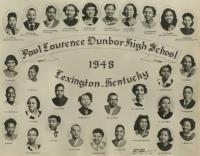
Dunbar High School opened in 1923 at 545 North Upper Street as the only all-black high school in Lexington’s city school system.
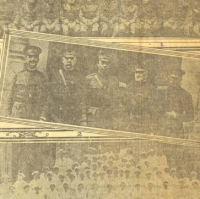
The Council of Defense books contain records for Fayette County’s Army soldiers, Navy sailors, Marines, and Army nurses in World War I, and include information regarding the person’s residence, birth place and date, specific units and en
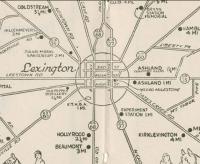
The Kentucky Room's collections contain Lexington's residential directories going back over 200 years, and are some of the most useful resources for researchers looking for family information, neighborhood histories, and house histories.
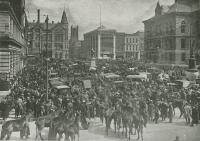
Illustrated Lexington Kentucky contains photographs, demographics, commerce and financial information about Lexington up to 1919.
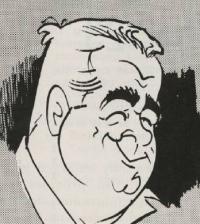
The Around the Town in Lexington, Kentucky magazine pamphlet contains advertisements for local attractions, apartment homes, restaurants, and hotels.
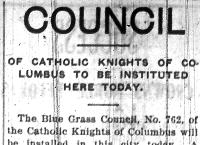
The Knights of Columbus is a fraternal Catholic service organization begun in the 1880s. In 1903, the local Bluegrass Council 762 became the third chapter in Kentucky, and it acquired its 4th degree status in 1920.
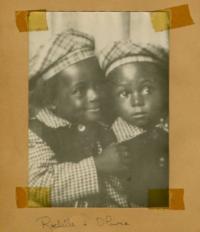
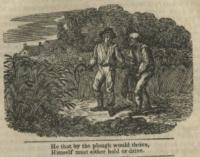
The Kentucky Almanac was a regional almanac that began printing in 1788, at the office of John Bradford’s Kentucky Gazette in Lexington.
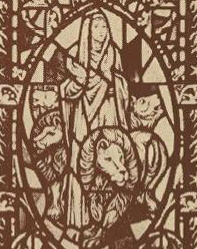
Fayette County churches contain some of the earliest records and information preserved about central Kentucky history. The digital archive contents include church ledgers, minutes, directories, and informational brochures.





